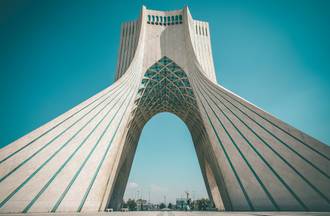Climate, Energy and Security in the Middle East
This research examines how climate change and global energy trends are shaping the geopolitics and security of the Middle East.
Part of RUSI’s Unpacking the MENA programme, this research explores the impact of climate change and global energy dynamics on the geopolitics and security of the Middle East.
Climate change and climate action represent a two-pronged challenge for Middle Eastern countries. On the one hand, climate change itself – especially in the form of increasing temperatures, extreme weather, and rising sea levels – threatens environmental and human security across the region. On the other hand, global climate action, specifically efforts to decarbonise the world economy, calls into question the sustainability of many Middle Eastern countries’ hydrocarbon-based political economies.
In the short term, and given Russia’s invasion of Ukraine, soaring energy prices have brought financial windfalls to oil and gas exporters, and several Eastern Mediterranean states are poised to become major gas producers in the coming years. In the medium and long term, however, countries will have to change to survive. If the world’s demand for oil and gas shaped the Middle East of today, the world’s turn away from fossil fuels will surely shape the region’s future.
How governments across the region navigate and react to these challenges, how the global energy transition reshapes the Middle East’s geopolitics, and what all of this means for the UK and its allies are among the key questions RUSI’s Middle East team will be engaging with in the coming years.





